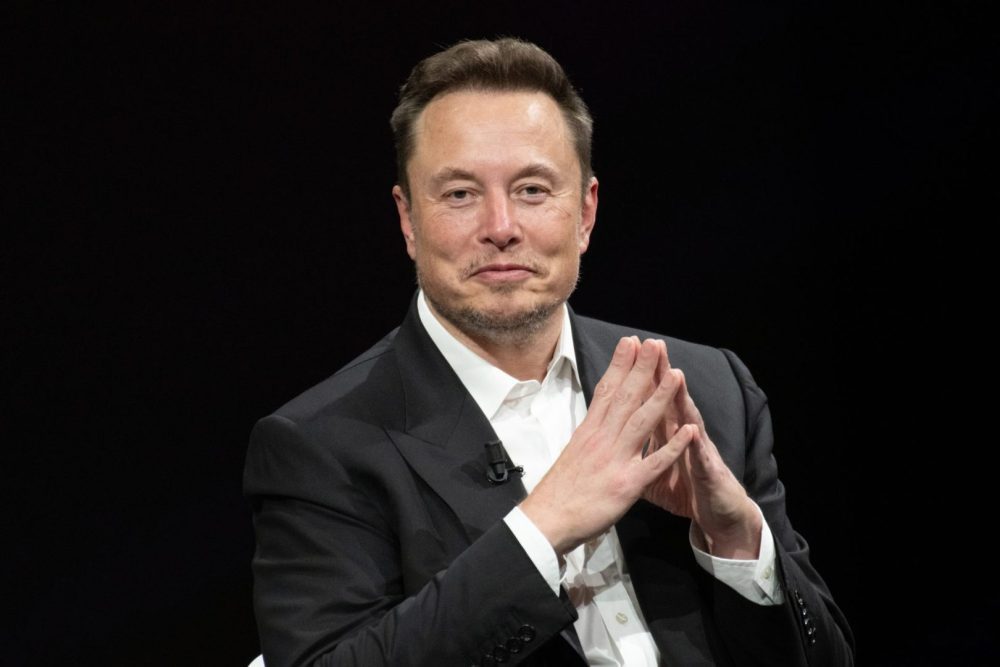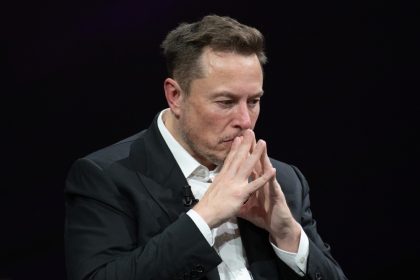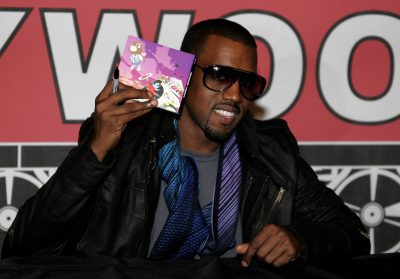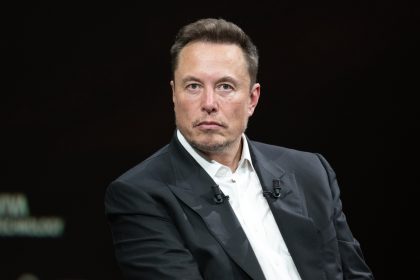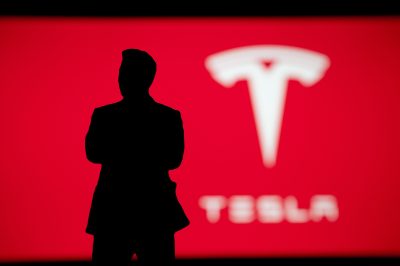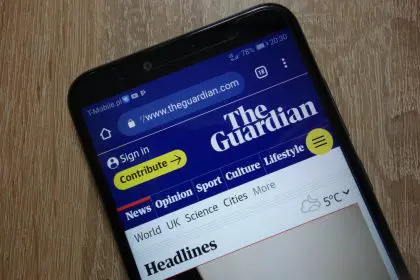Tesla, Elon Musk and Warner Bros. Discovery face a copyright lawsuit from Alcon Entertainment over alleged unauthorized use of AI-generated imagery from “Blade Runner 2049” during a recent Tesla event.
The lawsuit claims Musk and Tesla requested permission to use a still image from the film at an Oct. 10 presentation showcasing their Cybercab concept. After Alcon explicitly denied this request, the defendants allegedly displayed an AI-generated version of the film’s imagery for 11 seconds during the event.
Growing AI legal battles
Similar lawsuits highlight increasing tensions over AI use. The New York Times sued OpenAI and Microsoft in December 2023 for allegedly training AI models on copyrighted content without permission. Authors including George R.R. Martin and John Grisham filed suit against Meta for using their books to train its AI system.
Getty Images launched legal action against Stability AI for allegedly scraping millions of copyrighted photos. Voice actor Bev Standing sued TikTok for using her voice in its text-to-speech feature without consent. Comedian Sarah Silverman joined other authors in suing Meta and OpenAI over alleged copyright violations in AI training.
Brand association concerns
Alcon argues this unauthorized use constitutes “massive economic theft” and could harm ongoing negotiations with other automotive brands regarding the upcoming “Blade Runner 2099” television series.
The production company expressed strong objections to any connection between their brand and Musk. The lawsuit cites his controversial public statements and political affiliations as key concerns.
“Any prudent brand considering any Tesla partnership has to take Musk’s massively amplified, highly politicized, capricious and arbitrary behavior into account,” the lawsuit states.
Musk’s public image has drawn attention for his support of Donald Trump and social media posts about migrants and voting systems.
Tesla’s Robotaxi plans
The alleged copyright violation occurred during the unveiling of Tesla’s Cybercab, a planned robotaxi service vehicle targeted for production by 2027 with a price under $30,000.
Despite Musk’s decade-long promises of autonomous vehicles, Tesla has not yet produced a car that operates safely without human intervention. This track record raises questions about the company’s ambitious timeline for the Cybercab project.
Legal implications
The case highlights growing tensions between intellectual property rights and AI technology use. As companies increasingly employ AI-generated content, the lawsuit could set important precedents for creative works protection.

